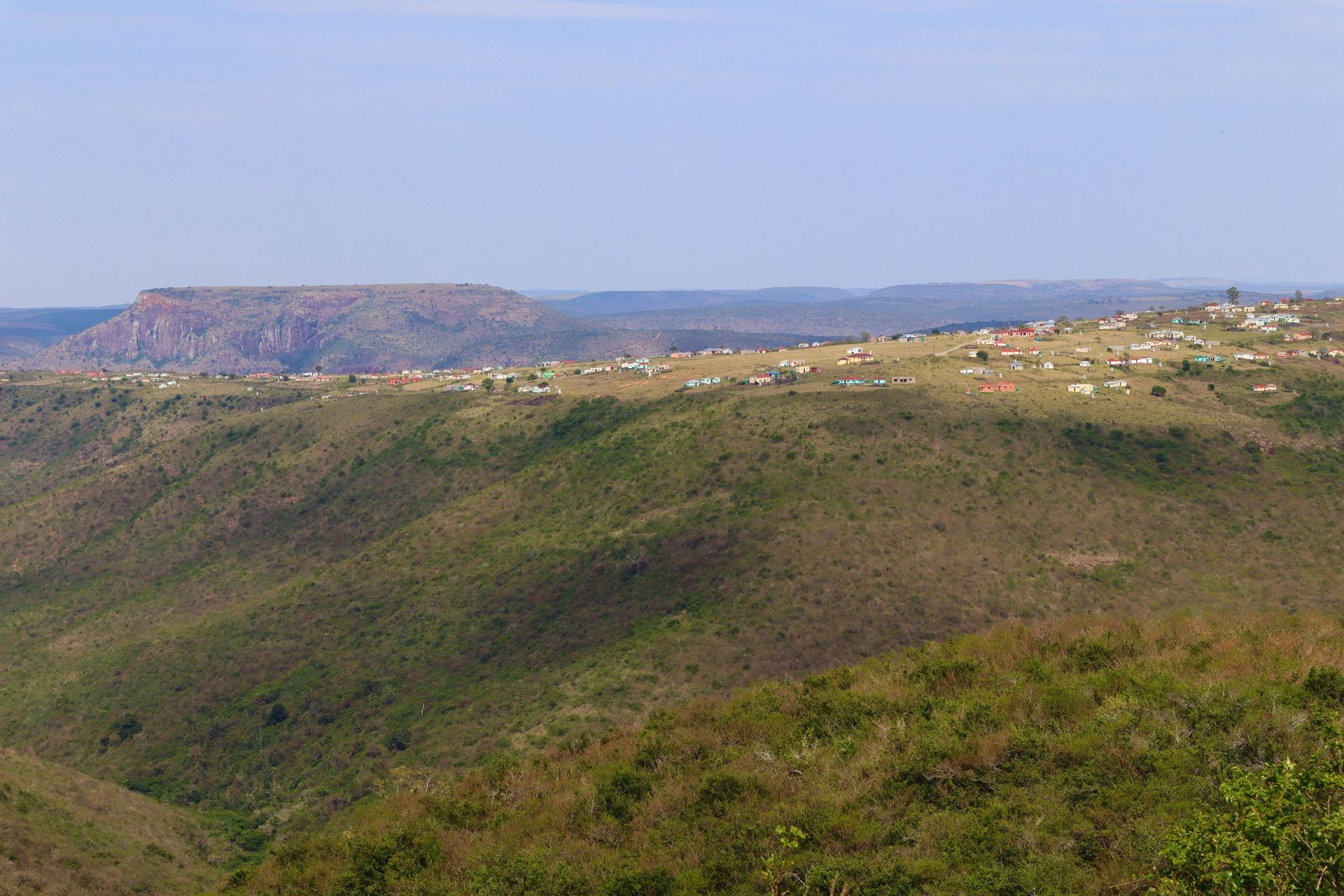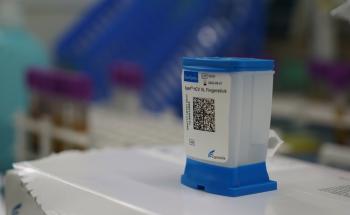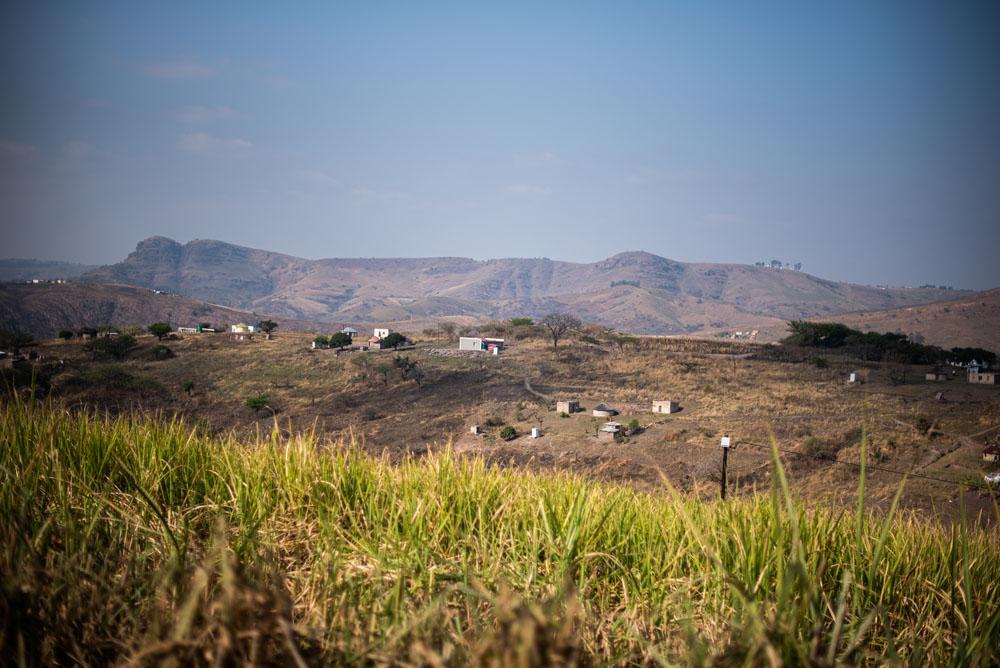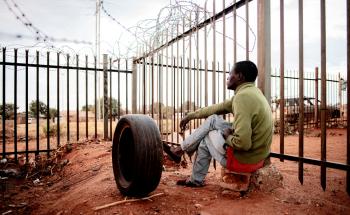Humanitarian doctor brings her son to a mission in South Africa: “I wanted my son to know and experience the world”
Jaykee Rodriguez is a Filipino international mobile medical doctor working for Doctors Without Borders (MSF) in South Africa. She is also a single mother. She shares with us her experience of balancing between her medical work and looking after her four-year-old son, whom she brought for her second MSF assignment to South Africa.
“As long as my son and I are together, I can do it.” This is what I told myself when I decided that I would bring my four-year-old son with me to my assignment in South Africa in 2024.
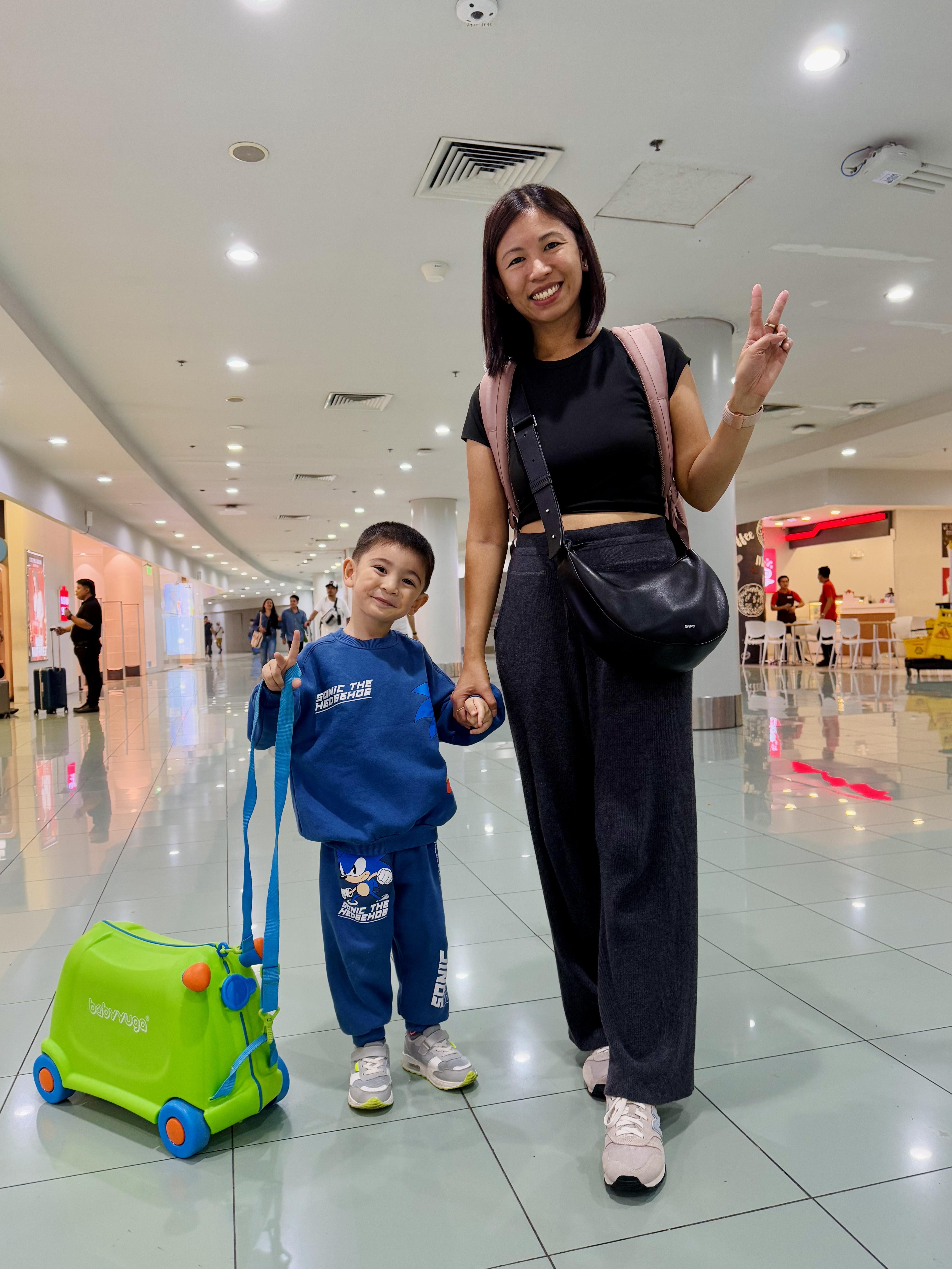
I am a medical doctor by profession. After I graduated from the medical school, I joined the Department of Health’s Doctor to the Barrios programme in the Philippines for two years where I felt my passion for public health growing. This programme was introduced to fill the gap of doctors in rural and underserved communities by placing doctors in these areas.
I started my humanitarian work with an international NGO during the Typhoon Yolanda response, one of the strongest tropical cyclones in the Philippines’ history, in 2013. After this, I started working for Doctors Without Borders (MSF). To be honest, it was a rocky and painful learning experience. I realised how much I didn’t know, and how fast I needed to grow and cope. But it was also this moment in my life when I felt, “This is what I should be doing.”
I have my dream job, but things are not always easy. I am 40 years old, a widow, and mother to one boy, Eli. Already it is a balancing act, working as a humanitarian while also being a single mother. But last year brought another big change in our lives: we decided to move to South Africa.
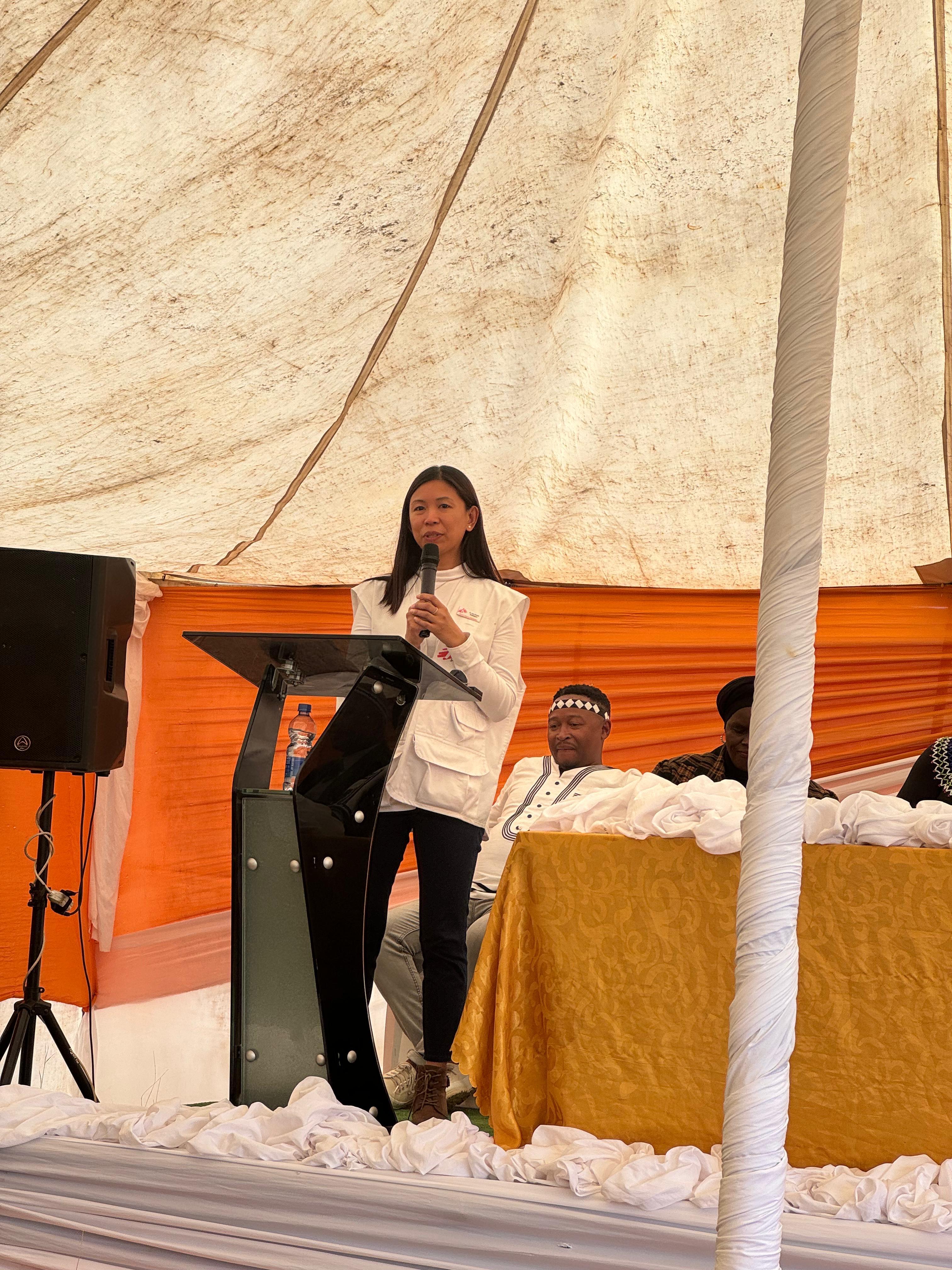
As long as we are together
How could I make such a big decision, knowing it was just Eli and me? It was difficult. I just bought our house in Manila; the capital of Philippines and we hadn’t even been living in it for a full year. But I told myself, the house will still be there when we return. In moving, I could go back to basics, to live only with what we need, with just Eli and me. It felt like going on an adventure with my son and just with our backpacks.
Another factor is that my late husband, Eli’s father, is South African, and his grandmother is still in South Africa. I thought it would be good for them to be close to each other and for us to move to a country where Eli would still have family with him.
I also wanted Eli to know that the world is bigger than our house, Manila, and all the things he’s used to. I wanted him to know that there are many things to see, learn, and experience. I loved all the learning I did when I was on assignments, and I hoped to open Eli’s eyes to the same.
Most importantly, I thought, if my son and I are together, I can do it.
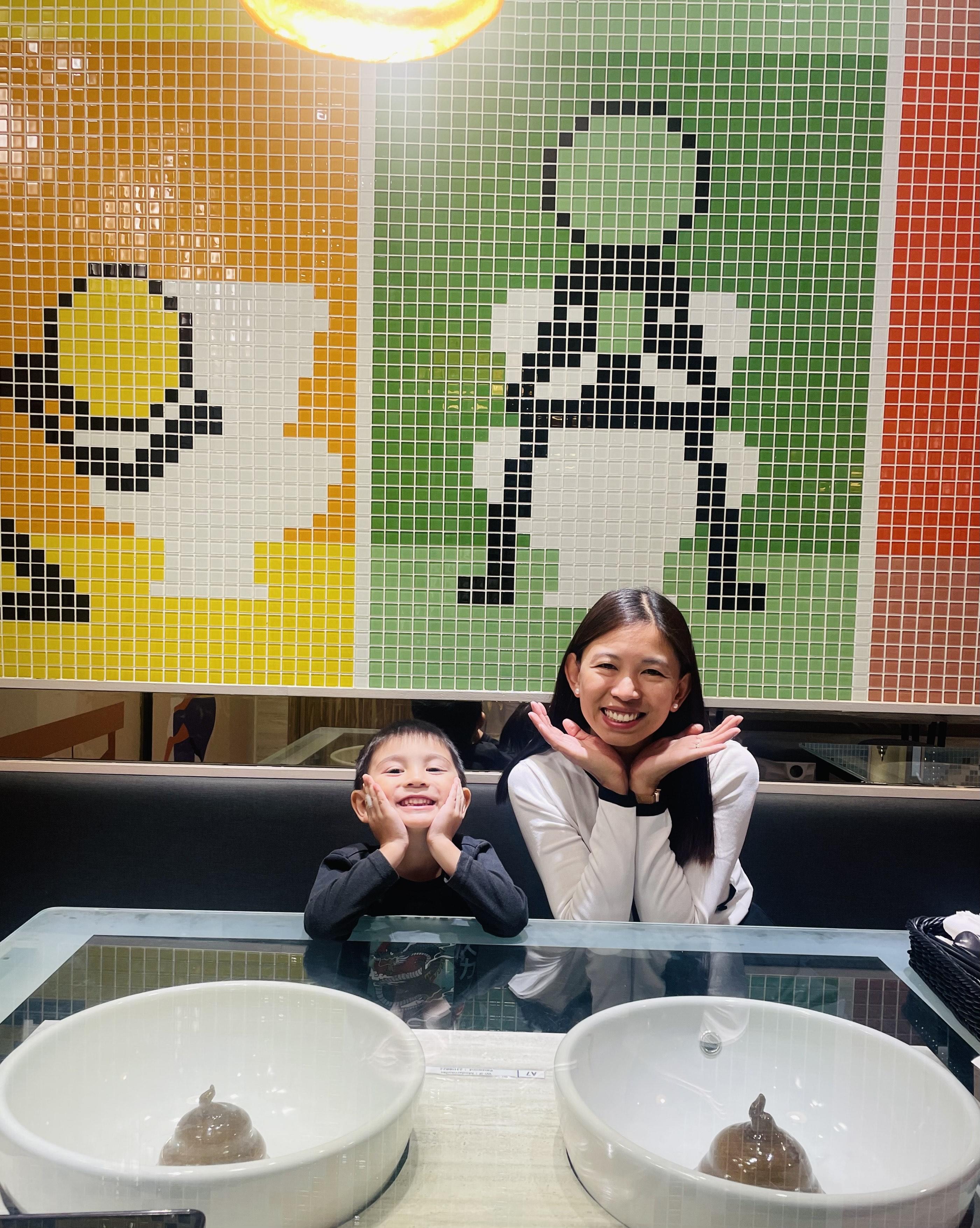
Preparing for a long journey
South Africa is so far away from the Philippines. Once I made my decision, I was very anxious about the long travel. I did a lot of research on flying long-haul with toddlers.
I also spent several months telling Eli we were going to Africa. Sometimes I even used it as motivation. By the end, he was also excited to go to Africa. I don’t think he understood, though, that we were going very far away.
Once we reached our new home, he didn’t want to leave.
Living and working in South Africa
I am the Project Medical Co-ordinator for MSF’s project in the Eastern Cape. The project supports the South Africa Department of Health, local communities and community based organisations to improve access, quality of care and services for patients with chronic conditions, focusing on type 2 diabetes and hypertension. With the help of community-based organisations, we want to take some of those services closer, especially to hard-to-reach rural communities.
After we arrived in South Africa, whenever I felt overwhelmed, I would tell Eli, “Let’s just go back to our old home, Eli, I don’t think we can make it.” He would tell me, "No mama, I don’t want to go back to our old home.” He loved the place, and the friendly people he met.
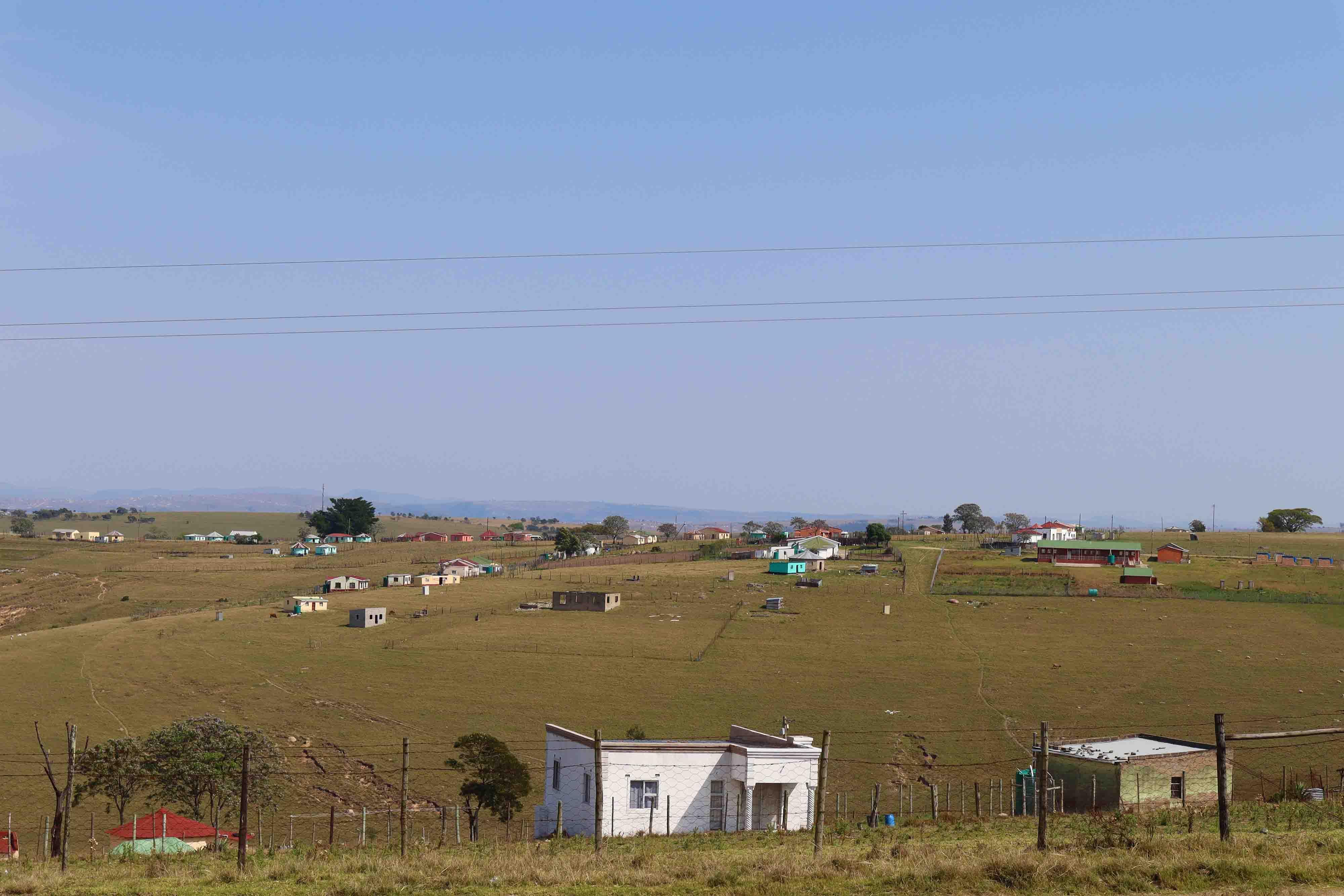
During our first week, I didn’t have a nanny, and so I had to take Eli to work. He was hyperactive and very naughty, but I was lucky to have colleagues who were very happy to play with him. When I had meetings, they would take him to the shops. Sometimes I would find him sitting in other offices, watching from my colleagues’ phones. They said they are happy with Eli because although he is quite active, he doesn’t cry a lot and is very chatty and happy.
For about five months, we lived with a colleague in a staff guesthouse, so he had a “kuya” (a term for an older brother in Filipino) at home. We were very lucky, because my colleague was also a family man, and he understood our struggles, so sometimes he would take Eli and play with him so I could cook or do my chores.
Because we were in the guesthouse, we would regularly have other MSF staff stay with us while they were visiting the project. Eli was so happy to have other people in the house, to have many encounters with different people.
Eventually we found a nanny. Before settling down in South Africa, some days, leaving the house was easier and my son would let me go happily, but there were days when it was difficult for him.
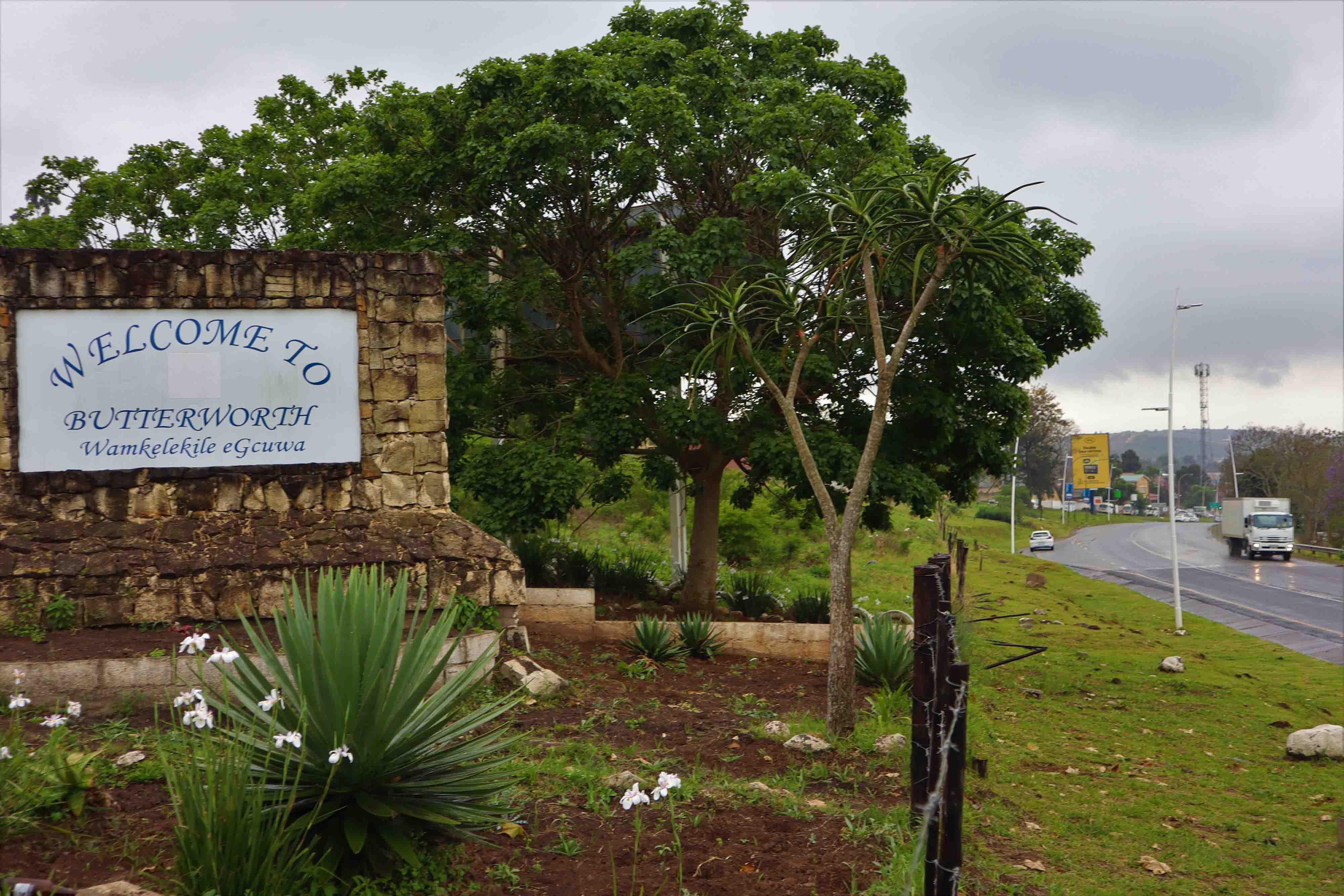
My typical day is leaving the house a little before 8am, when the nanny arrives. In the office, I am in meetings with my team and coordinating with partners, developing or reviewing documents and tools, and reflecting on different resources and inputs to improve our support to the partners. There are many days also spent in the field, and in cars on rough roads but with breathtaking views, just to get to the clinics and villages we support, and to understand the context and the difficulties of the people we serve.
In the afternoon when I get home, the nanny leaves, and it is just Eli and I in the house. Since we moved to South Africa, Eli has become more independent. I try to take time to play with him for a little bit in our backyard, then he plays by himself indoors or watches TV while I prepare dinner. We eat together, and I tell him to play again while I clean up and do the dishes, and then we prepare for bed. Eli is very sweet and wants lots of cuddles and kisses before going to bed.
Thriving and adjusting
It has been a while since we arrived in South Africa, and Eli likes it very much. He loves people and has adjusted immensely.
I think I needed adjustment, while Eli just breezed through the changes in our circumstances. We have also found a small Filipino community in Butterworth, and they helped us a lot in the beginning.
Of course, we miss our family, but we try to talk to them several times a week. I always call my mom or my siblings in case I need to bounce ideas or make decisions.
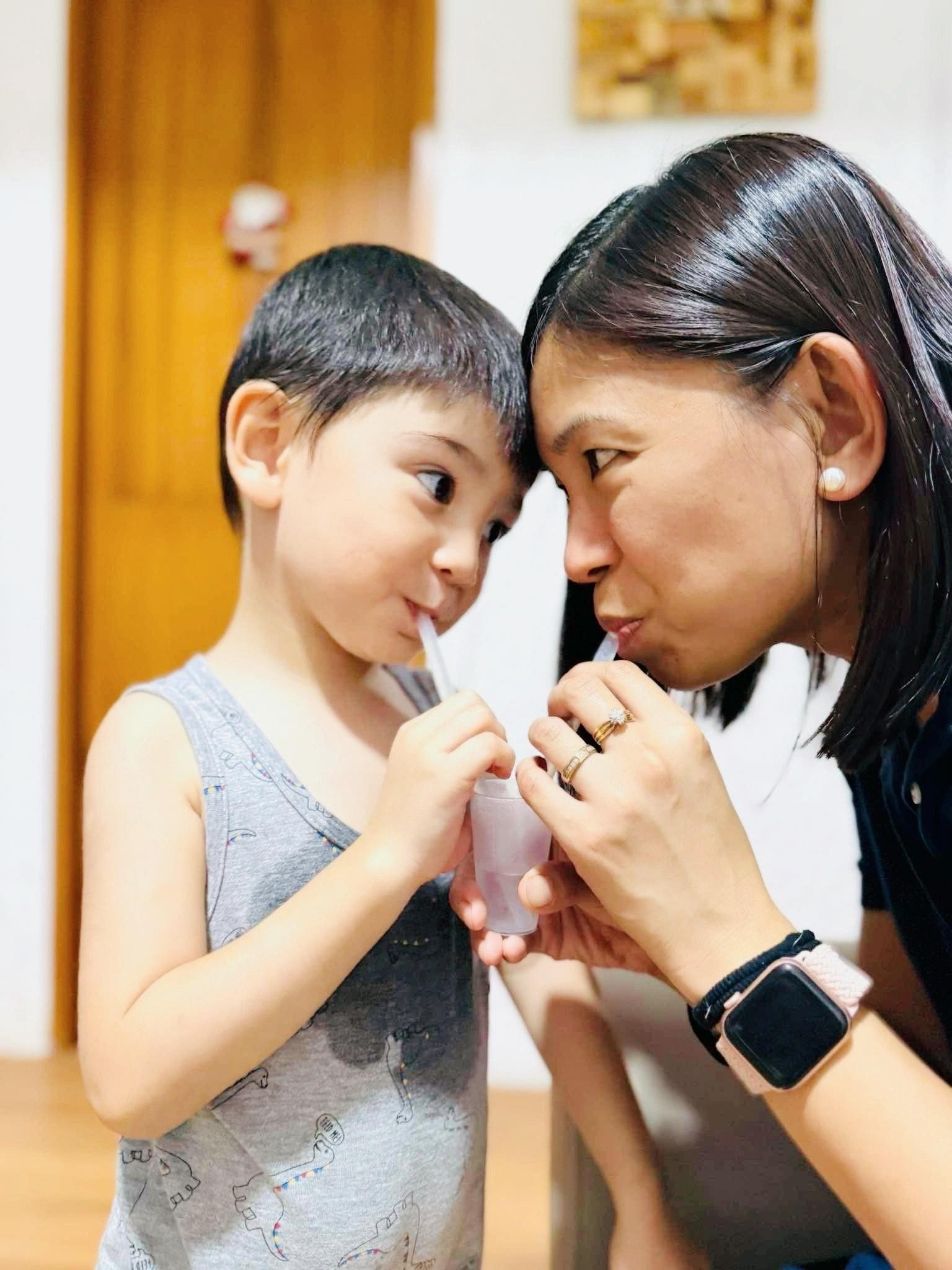
Changing perspectives and priorities
Since I became a mother, there has been a gigantic shift in my perspectives and priorities as a humanitarian. I now understand more closely the bond between a mother and her children, and I cannot fathom how parents must feel when crises break apart or separate families. I have learnt that life is more than work, no matter how important work is. There is now a human being who depends on me. It is very hard because my job is very demanding, and I am supposed to lead the team.
Previously, I always stressed about work. Now, being a parent and having other priorities, I am able to better manage my work and see challenges differently. I am also more aware of the privileges I have, even as a single mother. I am well supported by my family and by my organisation.
Being a humanitarian has made me very conscious as a parent: about how my actions and words affect my son and about the ideas and beliefs of other people around him. I want to make sure my son sees and understands the principles we live by and that he lives with the same empathy, inclusivity, and value for human life I strive for.
There are always trade-offs. I could have chosen to stay in my previous job, and continued the life we had in Manila. But I felt stuck, personally and professionally, and I felt it was time to go out and discover more of the world, this time with my son. Luckily, I have a very curious and very happy son.
